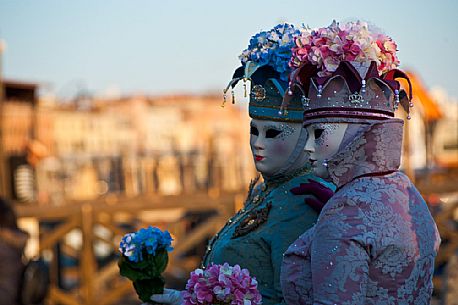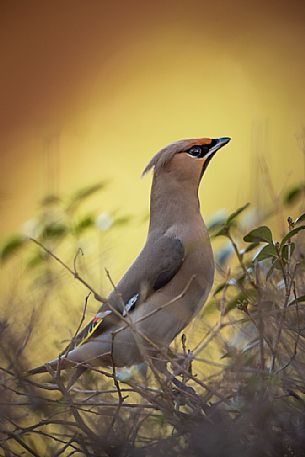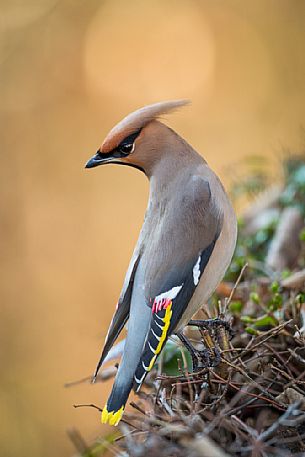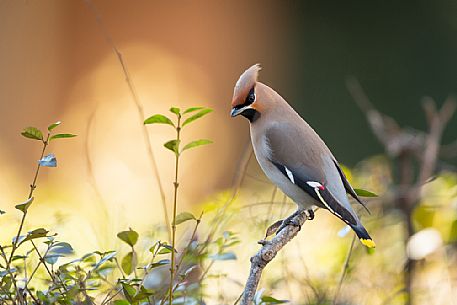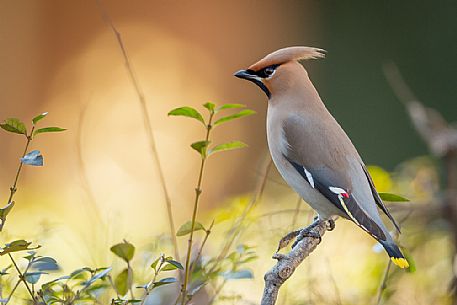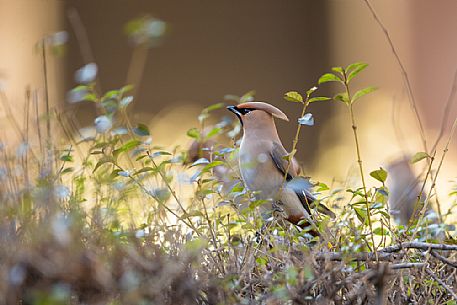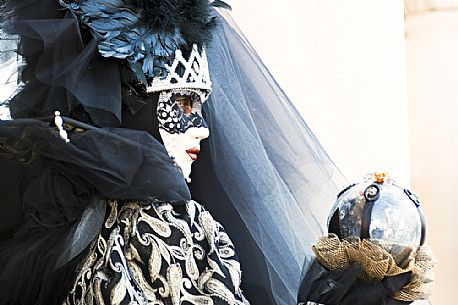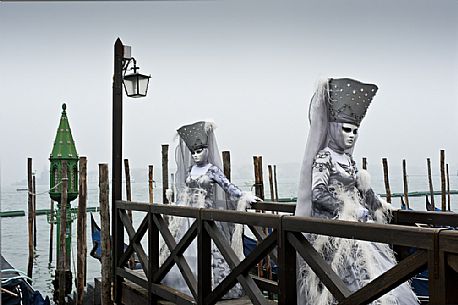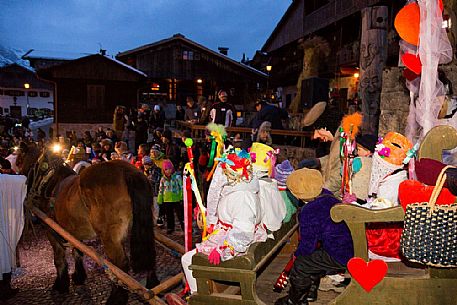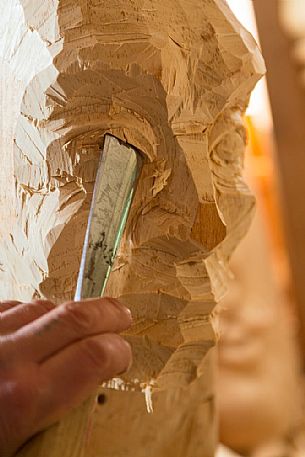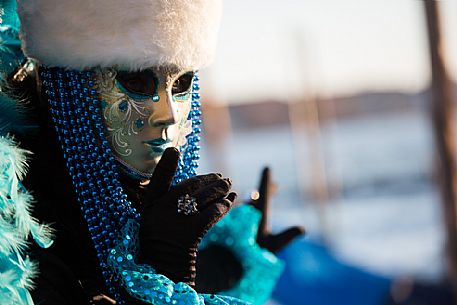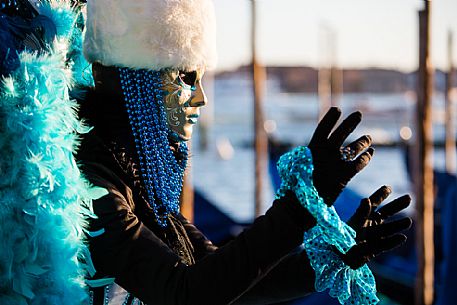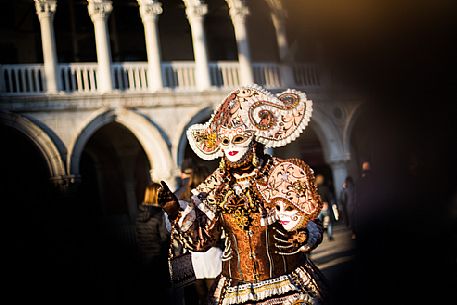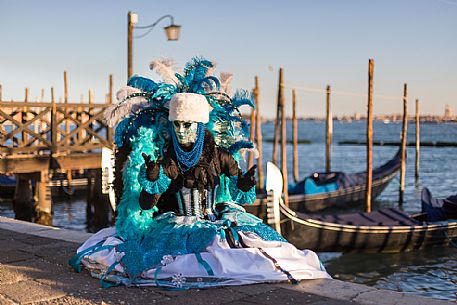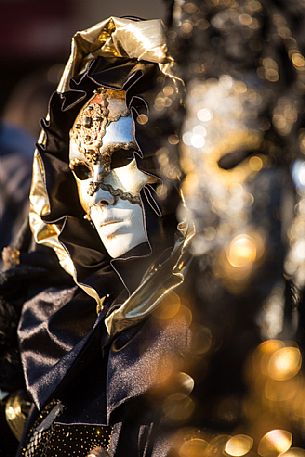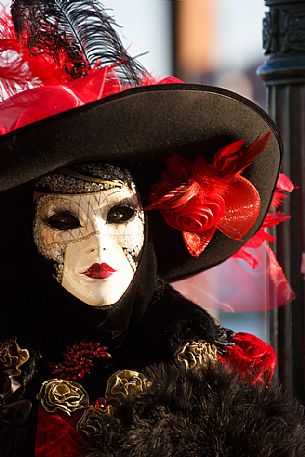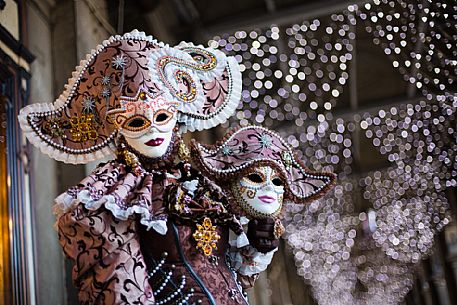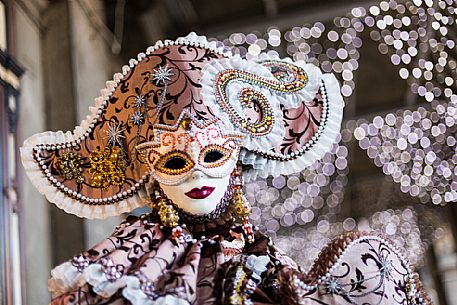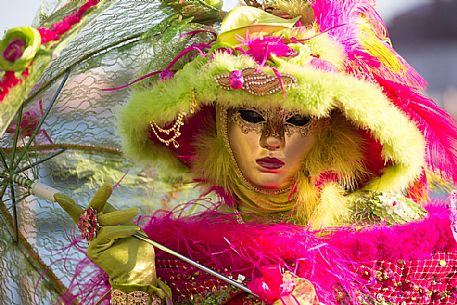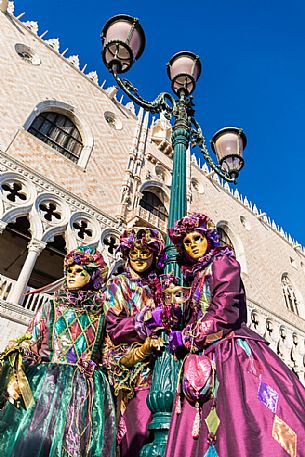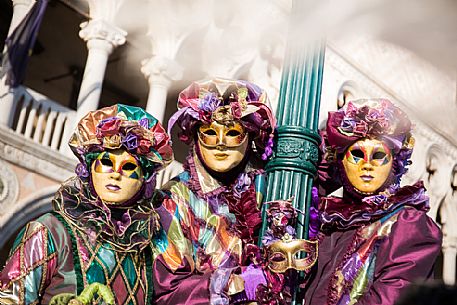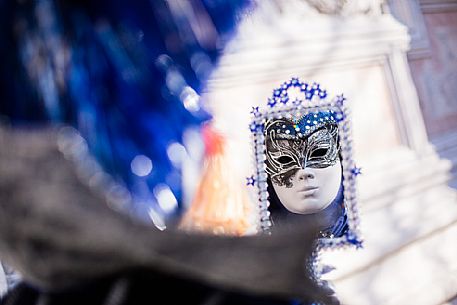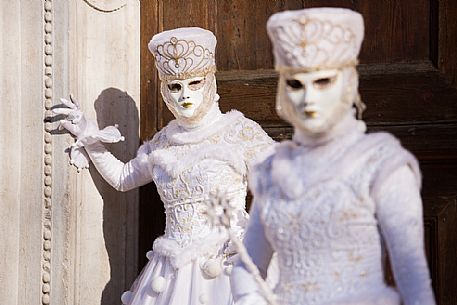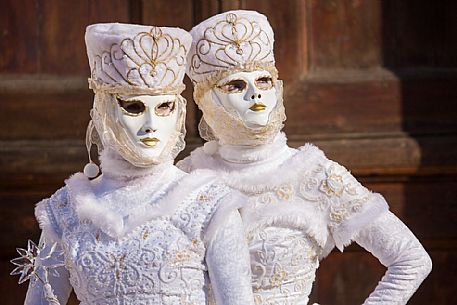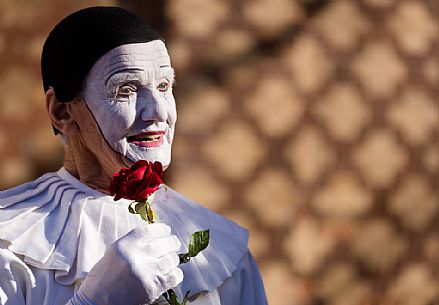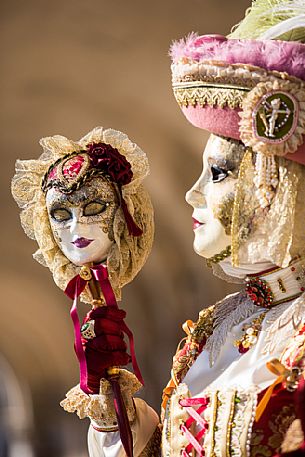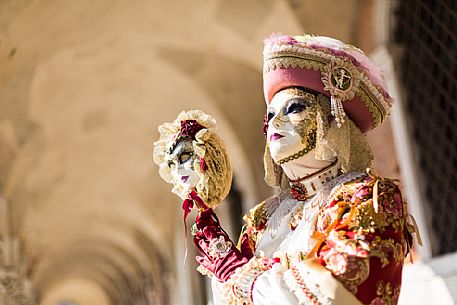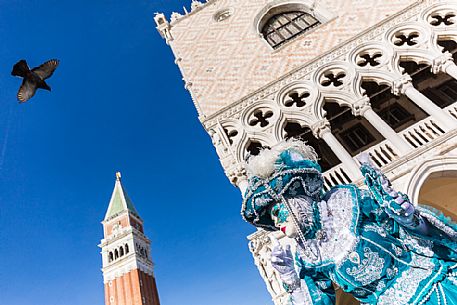Please Sign in or Register now to manage lightbox and cart
Lightboxes - How to use them
A Lightbox is a virtual table where you can collect and view images of interest.
Collect the files you like from any search results page or file close-up page by clicking the 'Add to your Lightbox' icon.
To open and view your selection, click the Lightbox link on the top navigation menu. You can have more than one lightbox if you're working on different projects.
You can email a Lightbox to friends and colleagues for review and discussion before purchase; they will receive an email with a link to the Lightbox that you created.
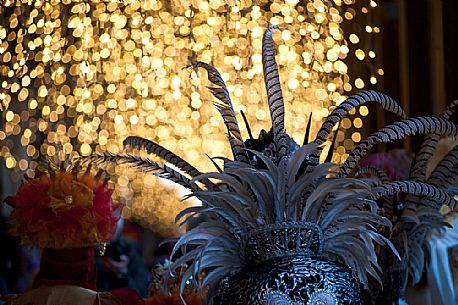
photographer: Diana Crestan
Original hats, feathers and lights of the Venice Carnival, Italy, Europe
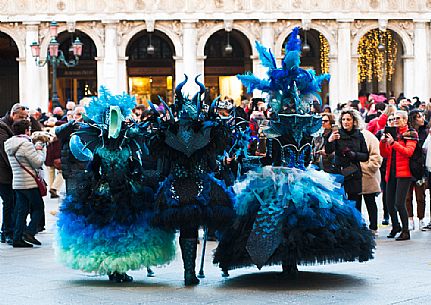
photographer: Diana Crestan
Tourists photograph carnival masks in San Marco square in Venice, Italy, Europe
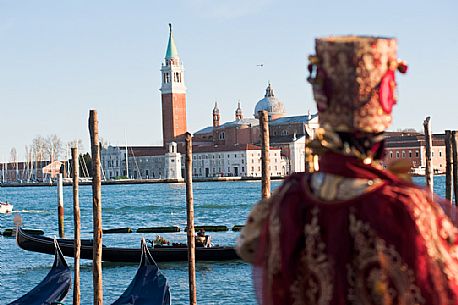
photographer: Diana Crestan
A carnival mask in Venice looking San Giorgio Maggiore from Piazza San Marco square, Venice, Italy, Europe
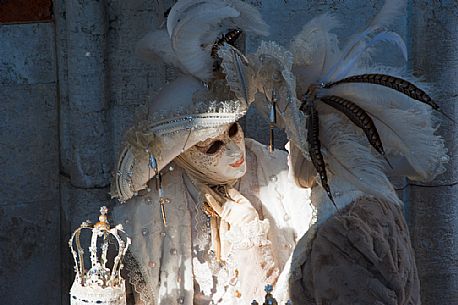
photographer: Diana Crestan
A pair of carnival masks under the loggia of the Doge's palace in Venice.Italy
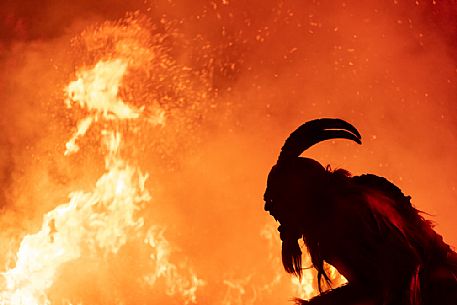
photographer: Nicola Simeoni
Silhouette of Krampus in the flames, Christmas devils, Tarvisio, Friuli Venezia Giulia, Italy, Europe
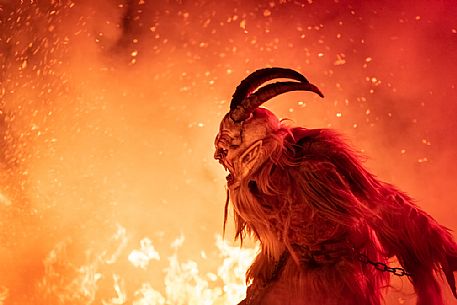
photographer: Nicola Simeoni
Krampus in the flames, Christmas devils, Tarvisio, Friuli Venezia Giulia, Italy, Europe
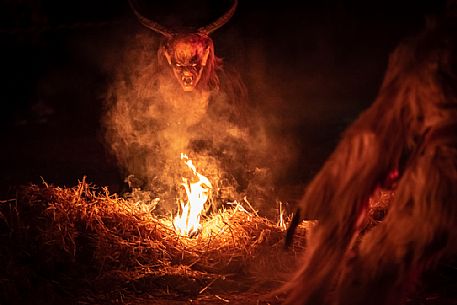
photographer: Nicola Simeoni
Krampus in the flames, Christmas devils, Tarvisio, Friuli Venezia Giulia, Italy, Europe
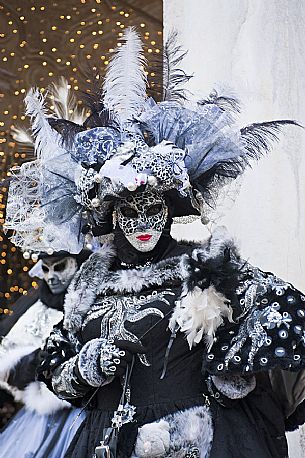
photographer: Diana Crestan
Masks of the Venice carnival in Piazza San Marco square, Venice, Italy, Europe
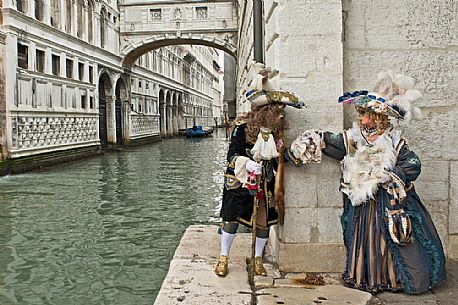
photographer: Diana Crestan
Beautiful couple of masks at bridge of Sighs during the carnival of Venice, Italy, Europe
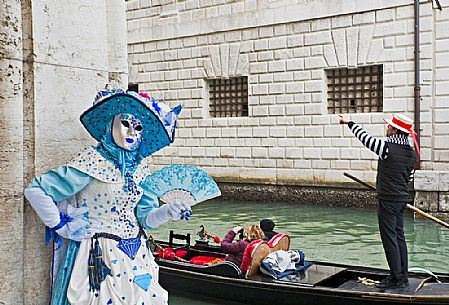
photographer: Diana Crestan
Mask and tourists in gondola near the Bridge of Sighs or Ponte dei Sospiri during the carnival in Venice, Italy, Europe
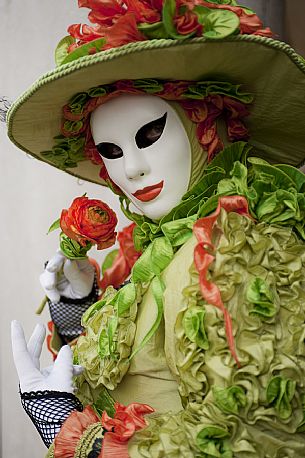
photographer: Diana Crestan
Mask of the Venice carnival in Piazza San Marco square, Venice, Italy, Europe
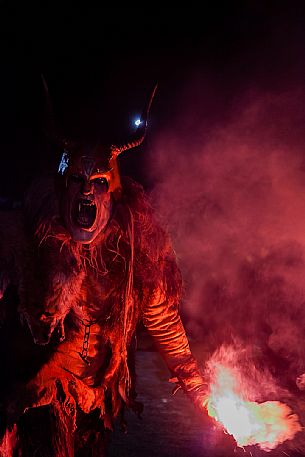
photographer: Maria Fancello
Krampus are horned, antropomorphic folklore figures companions of Saint Nicholas. You can meet them on the 5th or 6th December in regions including Austria, Bavaria, Croatia, Hungary, Slovenia and Northern Italy. This photo was taken in Tarvisio, Friuli Venezia Giulia, Italy
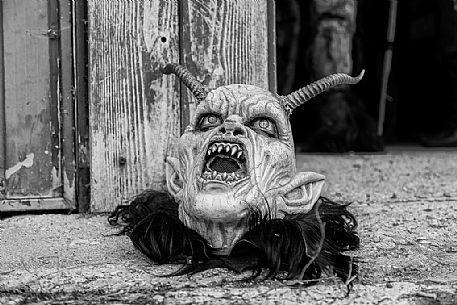
photographer: Maria Fancello
Krampus are horned, antropomorphic folklore figures companions of Saint Nicholas. You can meet them on the 5th or 6th December in regions including Austria, Bavaria, Croatia, Hungary, Slovenia and Northern Italy. This photo was taken in Tarvisio, Friuli Venezia Giulia, Italy
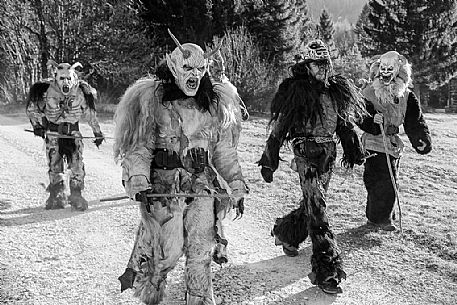
photographer: Maria Fancello
Krampus are horned, antropomorphic folklore figures companions of Saint Nicholas. You can meet them on the 5th or 6th December in regions including Austria, Bavaria, Croatia, Hungary, Slovenia and Northern Italy. This photo was taken in Tarvisio, Friuli Venezia Giulia, Italy
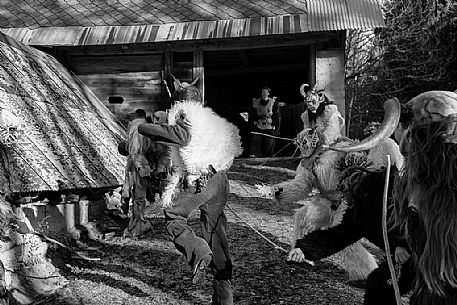
photographer: Maria Fancello
Krampus are horned, antropomorphic folklore figures companions of Saint Nicholas. You can meet them on the 5th or 6th December in regions including Austria, Bavaria, Croatia, Hungary, Slovenia and Northern Italy. This photo was taken in Tarvisio, Friuli Venezia Giulia, Italy
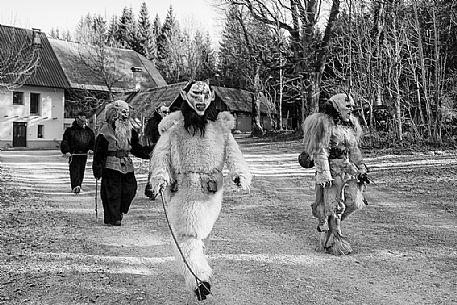
photographer: Maria Fancello
Krampus are horned, antropomorphic folklore figures companions of Saint Nicholas. You can meet them on the 5th or 6th December in regions including Austria, Bavaria, Croatia, Hungary, Slovenia and Northern Italy. This photo was taken in Tarvisio, Friuli Venezia Giulia, Italy
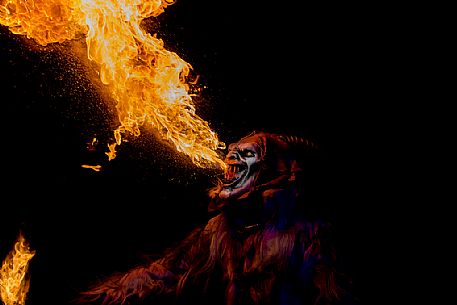
photographer: Maria Fancello
Krampus are horned, antropomorphic folklore figures companions of Saint Nicholas. You can meet them on the 5th or 6th December in regions including Austria, Bavaria, Croatia, Hungary, Slovenia and Northern Italy. This photo was taken in Tarvisio, Friuli Venezia Giulia, Italy
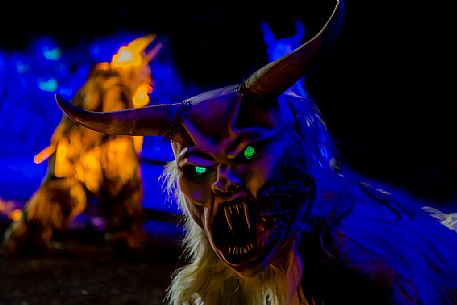
photographer: Maria Fancello
Krampus are horned, antropomorphic folklore figures companions of Saint Nicholas. You can meet them on the 5th or 6th December in regions including Austria, Bavaria, Croatia, Hungary, Slovenia and Northern Italy. This photo was taken in Tarvisio, Friuli Venezia Giulia, Italy
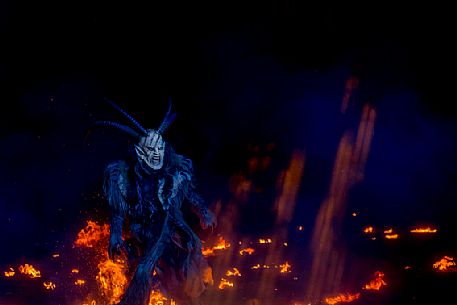
photographer: Maria Fancello
Krampus are horned, antropomorphic folklore figures companions of Saint Nicholas. You can meet them on the 5th or 6th December in regions including Austria, Bavaria, Croatia, Hungary, Slovenia and Northern Italy. This photo was taken in Tarvisio, Friuli Venezia Giulia, Italy
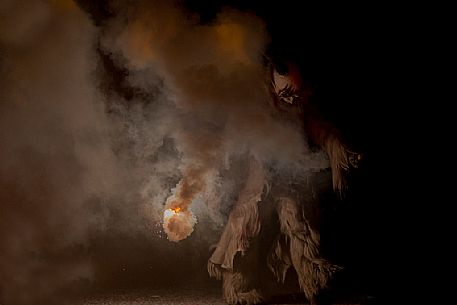
photographer: Maria Fancello
Krampus are horned, antropomorphic folklore figures companions of Saint Nicholas. You can meet them on the 5th or 6th December in regions including Austria, Bavaria, Croatia, Hungary, Slovenia and Northern Italy. This photo was taken in Tarvisio, Friuli Venezia Giulia, Italy
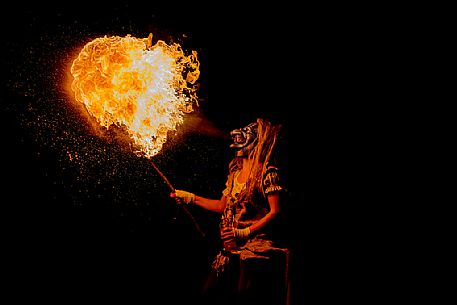
photographer: Maria Fancello
Krampus are horned, antropomorphic folklore figures companions of Saint Nicholas. You can meet them on the 5th or 6th December in regions including Austria, Bavaria, Croatia, Hungary, Slovenia and Northern Italy. This photo was taken in Tarvisio, Friuli Venezia Giulia, Italy
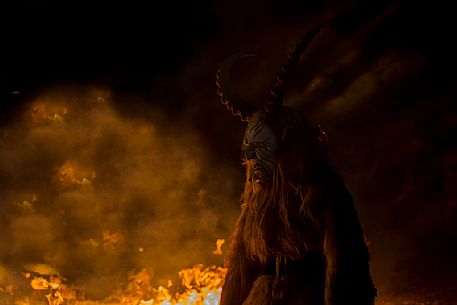
photographer: Maria Fancello
Krampus are horned, antropomorphic folklore figures companions of Saint Nicholas. You can meet them on the 5th or 6th December in regions including Austria, Bavaria, Croatia, Hungary, Slovenia and Northern Italy. This photo was taken in Tarvisio, Friuli Venezia Giulia, Italy
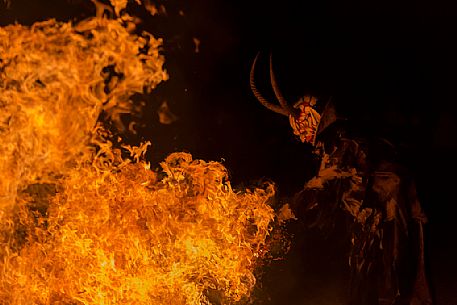
photographer: Maria Fancello
Krampus are horned, antropomorphic folklore figures companions of Saint Nicholas. You can meet them on the 5th or 6th December in regions including Austria, Bavaria, Croatia, Hungary, Slovenia and Northern Italy. This photo was taken in Tarvisio, Friuli Venezia Giulia, Italy
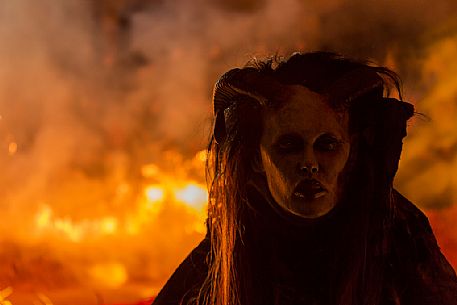
photographer: Maria Fancello
Krampus are horned, antropomorphic folklore figures companions of Saint Nicholas. You can meet them on the 5th or 6th December in regions including Austria, Bavaria, Croatia, Hungary, Slovenia and Northern Italy. This photo was taken in Tarvisio, Friuli Venezia Giulia, Italy
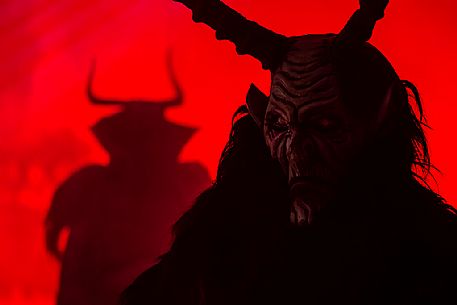
photographer: Maria Fancello
Krampus are horned, antropomorphic folklore figures companions of Saint Nicholas. You can meet them on the 5th or 6th December in regions including Austria, Bavaria, Croatia, Hungary, Slovenia and Northern Italy. This photo was taken in Tarvisio, Friuli Venezia Giulia, Italy
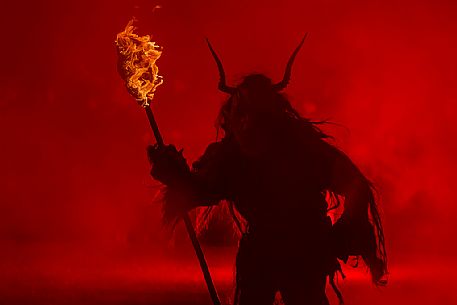
photographer: Maria Fancello
Krampus are horned, antropomorphic folklore figures companions of Saint Nicholas. You can meet them on the 5th or 6th December in regions including Austria, Bavaria, Croatia, Hungary, Slovenia and Northern Italy. This photo was taken in Tarvisio, Friuli Venezia Giulia, Italy
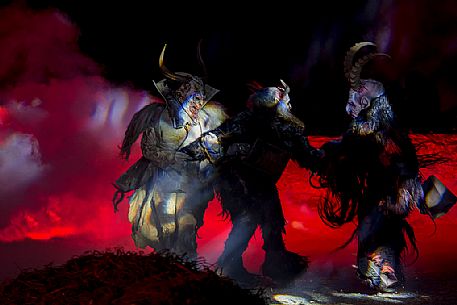
photographer: Maria Fancello
Krampus are horned, antropomorphic folklore figures companions of Saint Nicholas. You can meet them on the 5th or 6th December in regions including Austria, Bavaria, Croatia, Hungary, Slovenia and Northern Italy. This photo was taken in Tarvisio, Friuli Venezia Giulia, Italy
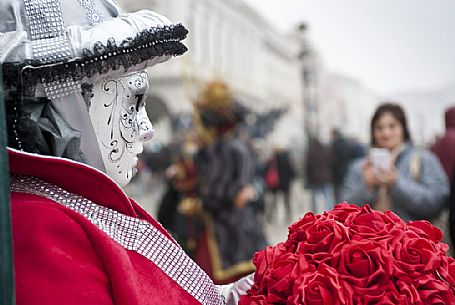
photographer: Diana Crestan
A tourist takes a picture of a colored mask in Saint Mark Square in Venice. Italy
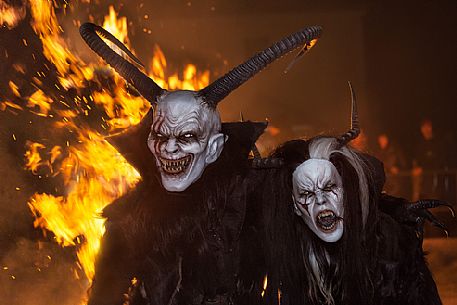
photographer: Anne Maenurm
Bad Santa, meet Krampus: a half-goat, half-demon, horrific beast who literally beats people into being nice and not naughty. Krampus, whose name is derived from the German word krampen, meaning claw, is said to be the son of Hel in Norse mythology. The legendary beast also shares characteristics with other scary, demonic creatures in Greek mythology, including satyrs and fauns, Tarvisio, Italy
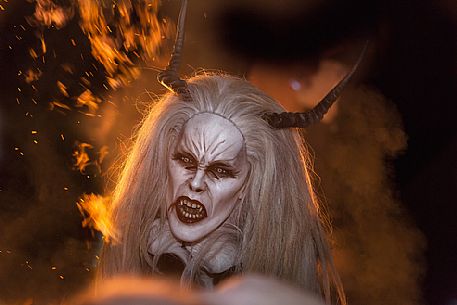
photographer: Anne Maenurm
Bad Santa, meet Krampus: a half-goat, half-demon, horrific beast who literally beats people into being nice and not naughty. Krampus, whose name is derived from the German word krampen, meaning claw, is said to be the son of Hel in Norse mythology. The legendary beast also shares characteristics with other scary, demonic creatures in Greek mythology, including satyrs and fauns, Tarvisio, Italy
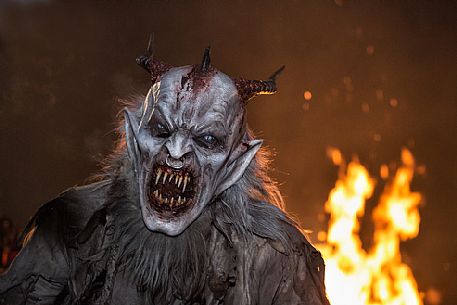
photographer: Anne Maenurm
Bad Santa, meet Krampus: a half-goat, half-demon, horrific beast who literally beats people into being nice and not naughty. Krampus, whose name is derived from the German word krampen, meaning claw, is said to be the son of Hel in Norse mythology. The legendary beast also shares characteristics with other scary, demonic creatures in Greek mythology, including satyrs and fauns, Tarvisio, Italy
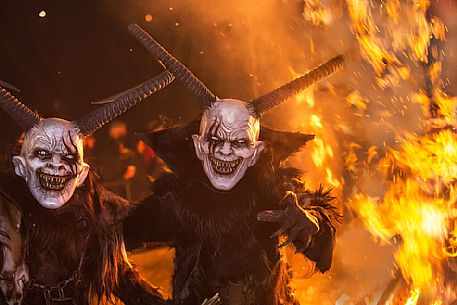
photographer: Anne Maenurm
Bad Santa, meet Krampus: a half-goat, half-demon, horrific beast who literally beats people into being nice and not naughty. Krampus, whose name is derived from the German word krampen, meaning claw, is said to be the son of Hel in Norse mythology. The legendary beast also shares characteristics with other scary, demonic creatures in Greek mythology, including satyrs and fauns, Tarvisio, Italy
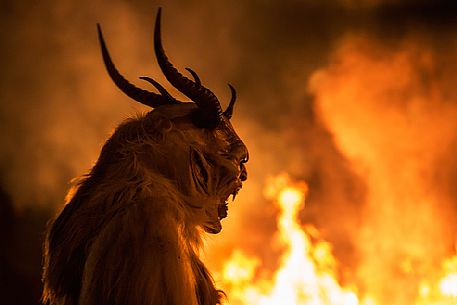
photographer: Anne Maenurm
Bad Santa, meet Krampus: a half-goat, half-demon, horrific beast who literally beats people into being nice and not naughty. Krampus, whose name is derived from the German word krampen, meaning claw, is said to be the son of Hel in Norse mythology. The legendary beast also shares characteristics with other scary, demonic creatures in Greek mythology, including satyrs and fauns, Tarvisio, Italy
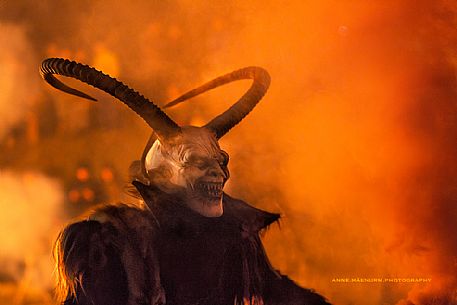
photographer: Anne Maenurm
Bad Santa, meet Krampus: a half-goat, half-demon, horrific beast who literally beats people into being nice and not naughty. Krampus, whose name is derived from the German word krampen, meaning claw, is said to be the son of Hel in Norse mythology. The legendary beast also shares characteristics with other scary, demonic creatures in Greek mythology, including satyrs and fauns, Tarvisio, Italy
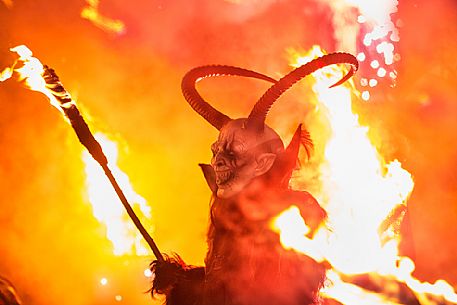
photographer: Anne Maenurm
Bad Santa, meet Krampus: a half-goat, half-demon, horrific beast who literally beats people into being nice and not naughty. Krampus, whose name is derived from the German word krampen, meaning claw, is said to be the son of Hel in Norse mythology. The legendary beast also shares characteristics with other scary, demonic creatures in Greek mythology, including satyrs and fauns, Tarvisio, Italy
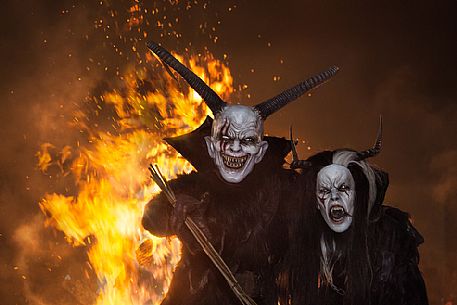
photographer: Anne Maenurm
Bad Santa, meet Krampus: a half-goat, half-demon, horrific beast who literally beats people into being nice and not naughty. Krampus, whose name is derived from the German word krampen, meaning claw, is said to be the son of Hel in Norse mythology. The legendary beast also shares characteristics with other scary, demonic creatures in Greek mythology, including satyrs and fauns, Tarvisio, Italy
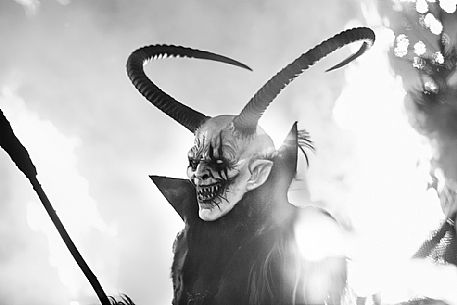
photographer: Anne Maenurm
Bad Santa, meet Krampus: a half-goat, half-demon, horrific beast who literally beats people into being nice and not naughty. Krampus, whose name is derived from the German word krampen, meaning claw, is said to be the son of Hel in Norse mythology. The legendary beast also shares characteristics with other scary, demonic creatures in Greek mythology, including satyrs and fauns, Tarvisio, Italy
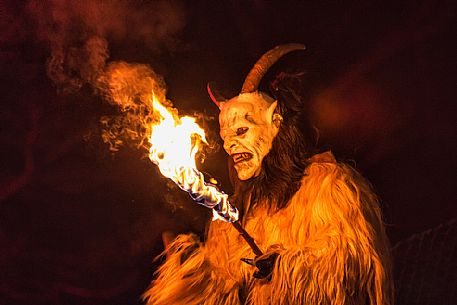
photographer: Anne Maenurm
Bad Santa, meet Krampus: a half-goat, half-demon, horrific beast who literally beats people into being nice and not naughty. Krampus, whose name is derived from the German word krampen, meaning claw, is said to be the son of Hel in Norse mythology. The legendary beast also shares characteristics with other scary, demonic creatures in Greek mythology, including satyrs and fauns, Tarvisio, Italy
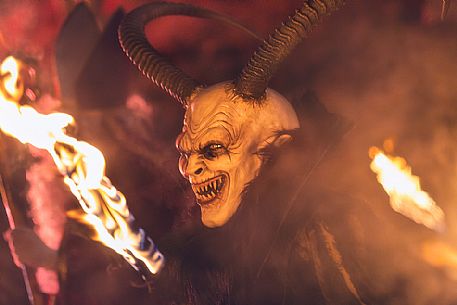
photographer: Anne Maenurm
Bad Santa, meet Krampus: a half-goat, half-demon, horrific beast who literally beats people into being nice and not naughty. Krampus, whose name is derived from the German word krampen, meaning claw, is said to be the son of Hel in Norse mythology. The legendary beast also shares characteristics with other scary, demonic creatures in Greek mythology, including satyrs and fauns, Tarvisio, Italy
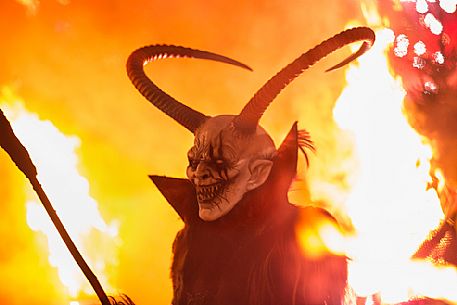
photographer: Anne Maenurm
Bad Santa, meet Krampus: a half-goat, half-demon, horrific beast who literally beats people into being nice and not naughty. Krampus, whose name is derived from the German word krampen, meaning claw, is said to be the son of Hel in Norse mythology. The legendary beast also shares characteristics with other scary, demonic creatures in Greek mythology, including satyrs and fauns,Tarvisio, Italy
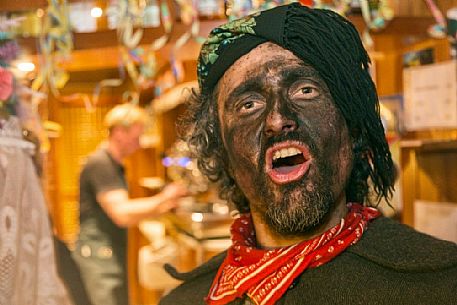
photographer: Luciano Gaudenzio
Some moments of Sauris Carnival with one the most important masks: the Rölar. Sauris di Sotto.
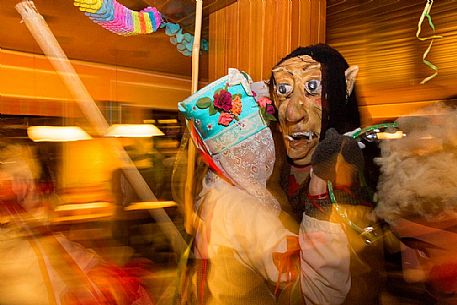
photographer: Luciano Gaudenzio
Some moments of Sauris Carnival with one the most important masks: the Rölar. Sauris di Sotto.
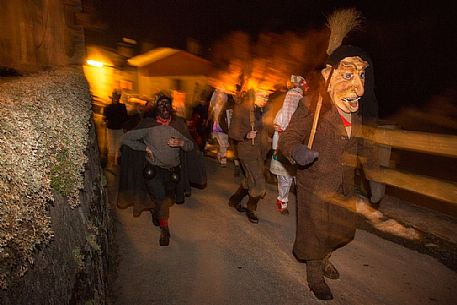
photographer: Luciano Gaudenzio
Some moments of Sauris Carnival with the most important masks: the Rölar and Kheirar. Sauris di Sotto.
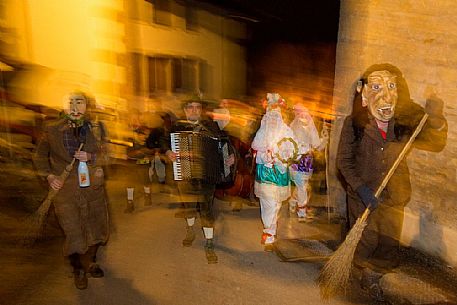
photographer: Luciano Gaudenzio
Some moments of Sauris Carnival with the most important masks: the Rölar and Kheirar. Sauris di Sotto.
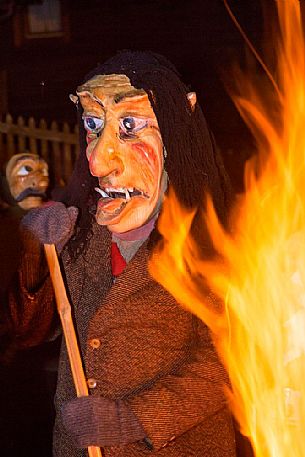
photographer: Luciano Gaudenzio
The Kheirar (tradional mask) during the carnival celebration of Sauris
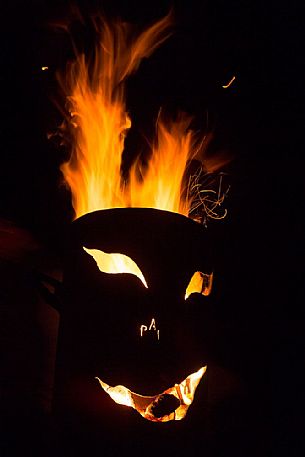
photographer: Luciano Gaudenzio
Mask on fire the traditional carnival celebration of Sauris
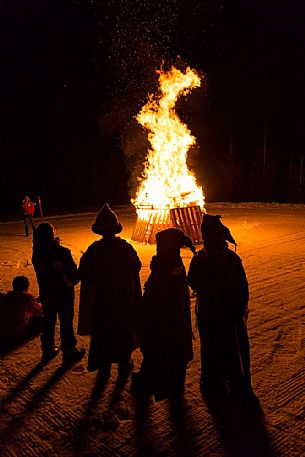
photographer: Luciano Gaudenzio
Bonfire during the traditional carnival celebration, Sauris
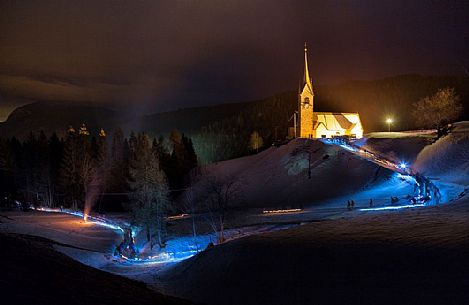
photographer: Luciano Gaudenzio
Night procession during the carnival of Sauris, San Lorenzo church, Sauris
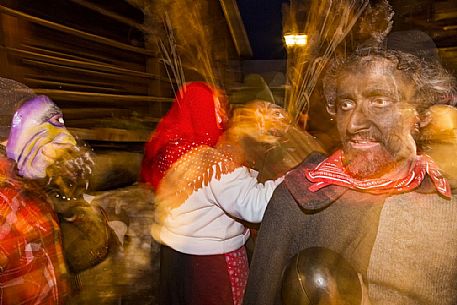
photographer: Luciano Gaudenzio
Some moments of Sauris Carnival with one the most important masks: the Rölar. Sauris di Sotto.
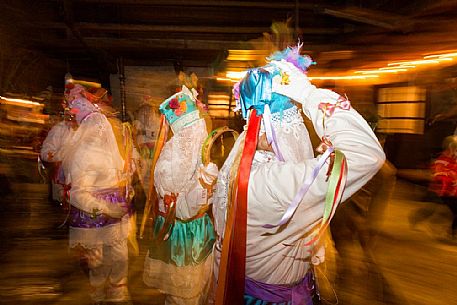
photographer: Luciano Gaudenzio
An important moment of the carnival of Sauris : the procession to the church, Sauris di Sopra
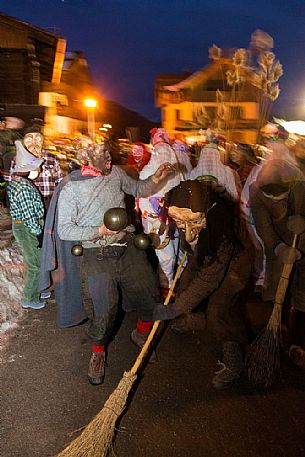
photographer: Luciano Gaudenzio
Some moments of Sauris Carnival with the most important masks: the Rölar and Kheirar. Sauris di Sotto.
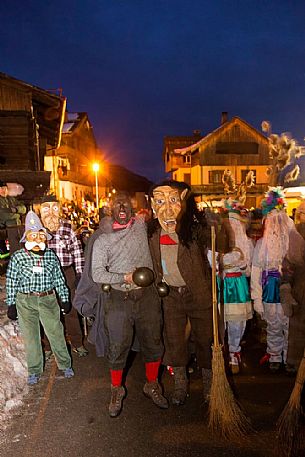
photographer: Luciano Gaudenzio
Some moments of Sauris Carnival with the most important masks: the Rölar and Kheirar. Sauris di Sotto.
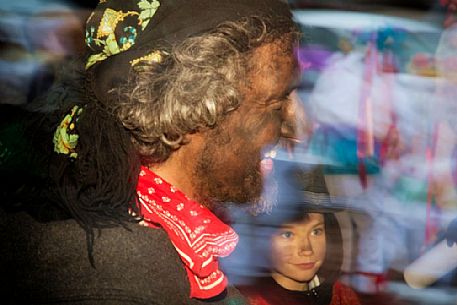
photographer: Luciano Gaudenzio
Some moments of Sauris Carnival with one the most important masks: the Rölar. Sauris di Sotto.
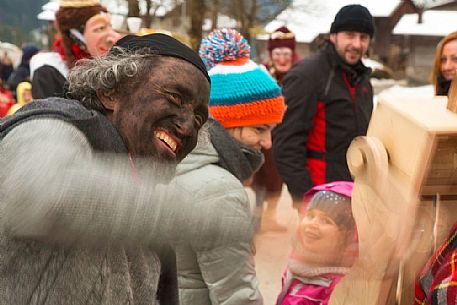
photographer: Luciano Gaudenzio
Some moments of Sauris Carnival with one the most important masks: the Rölar. Sauris di Sotto.
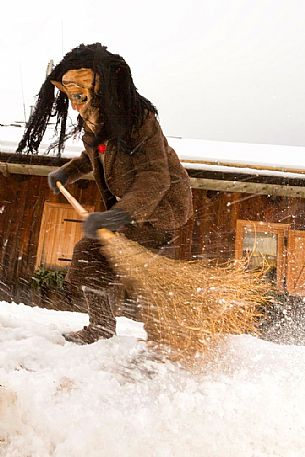
photographer: Luciano Gaudenzio
Some moments of Sauris Carnival with one the most important masks: the Kheirar. Sauris di Sotto.
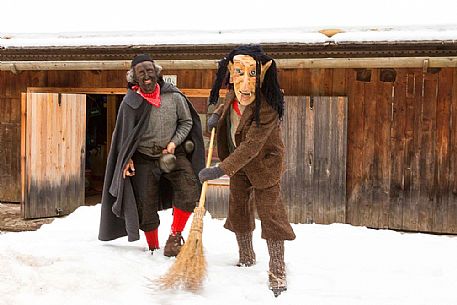
photographer: Luciano Gaudenzio
Some moments of Sauris Carnival with the most important masks: the Rölar and Kheirar. Sauris di Sotto.
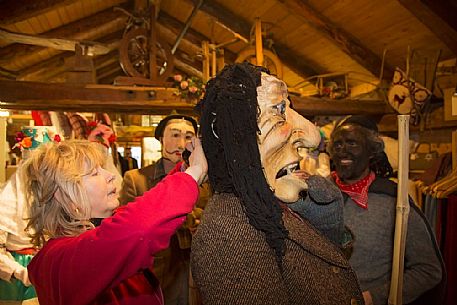
photographer: Luciano Gaudenzio
In the century-old weaving Sauris completes the dressing of the most important masks of the carnival of Sauris: the Rölar and Kheirar. Sauris di Sotto
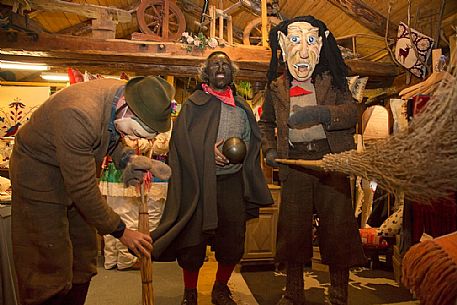
photographer: Luciano Gaudenzio
In the century-old weaving Sauris completes the dressing of the most important masks of the carnival of Sauris: the Rölar and Kheirar. Sauris di Sotto
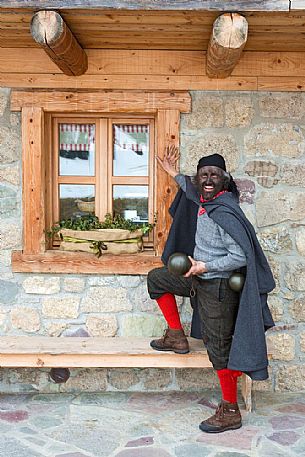
photographer: Luciano Gaudenzio
The Rölar, the most important mask of the carnival of Sauris, Sauris
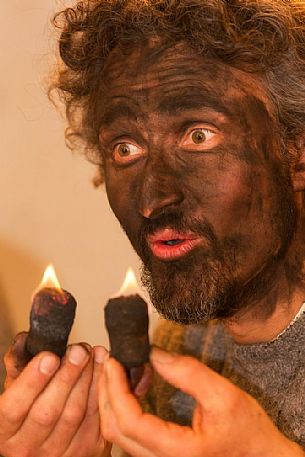
photographer: Luciano Gaudenzio
Preparation the Rölar, the mask "protagonist" of the Carnival of Sauris, the Sauris
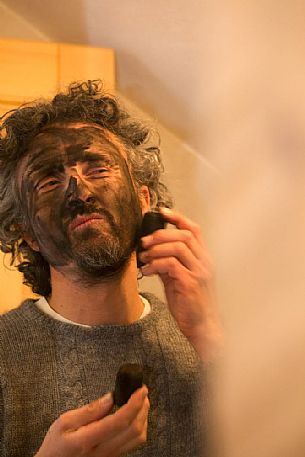
photographer: Luciano Gaudenzio
Preparation the Rölar, the mask "protagonist" of the Carnival of Sauris, the Sauris
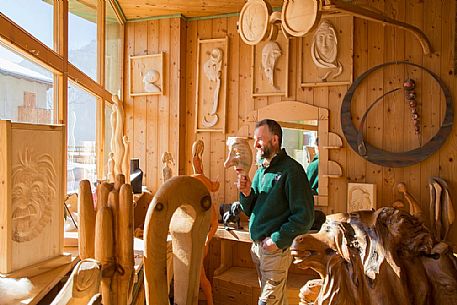
photographer: Luciano Gaudenzio
The construction of the traditional mask of the carnival of Sauris by one of Plozzer brothers , in their laboratory in Sauris di Sopra
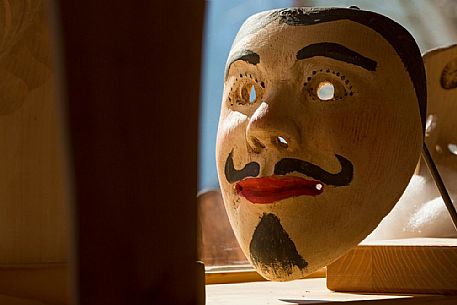
photographer: Luciano Gaudenzio
The construction of the traditional mask of the carnival of Sauris by one of Plozzer brothers , in their laboratory in Sauris di Sopra
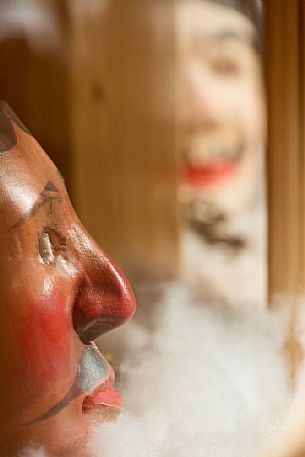
photographer: Luciano Gaudenzio
The construction of the traditional mask of the carnival of Sauris by one of Plozzer brothers , in their laboratory in Sauris di Sopra
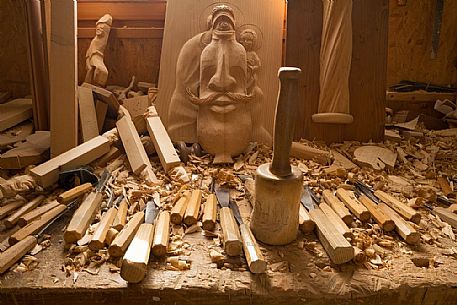
photographer: Luciano Gaudenzio
The construction of the traditional mask of the carnival of Sauris by one of Plozzer brothers , in their laboratory in Sauris di Sopra
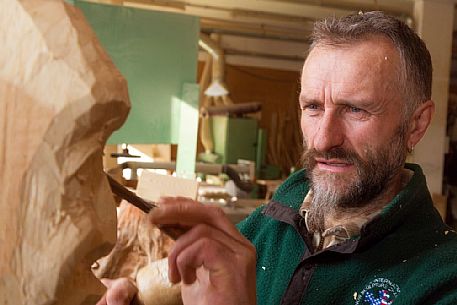
photographer: Luciano Gaudenzio
The construction of the traditional mask of the carnival of Sauris by one of Plozzer brothers , in their laboratory in Sauris di Sopra
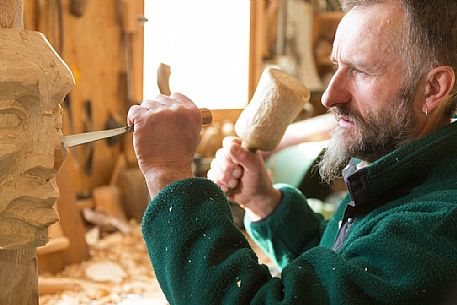
photographer: Luciano Gaudenzio
The construction of the traditional mask of the carnival of Sauris by one of Plozzer brothers , in their laboratory in Sauris di Sopra
| mask : Images found 115 | Go to Page Next |

